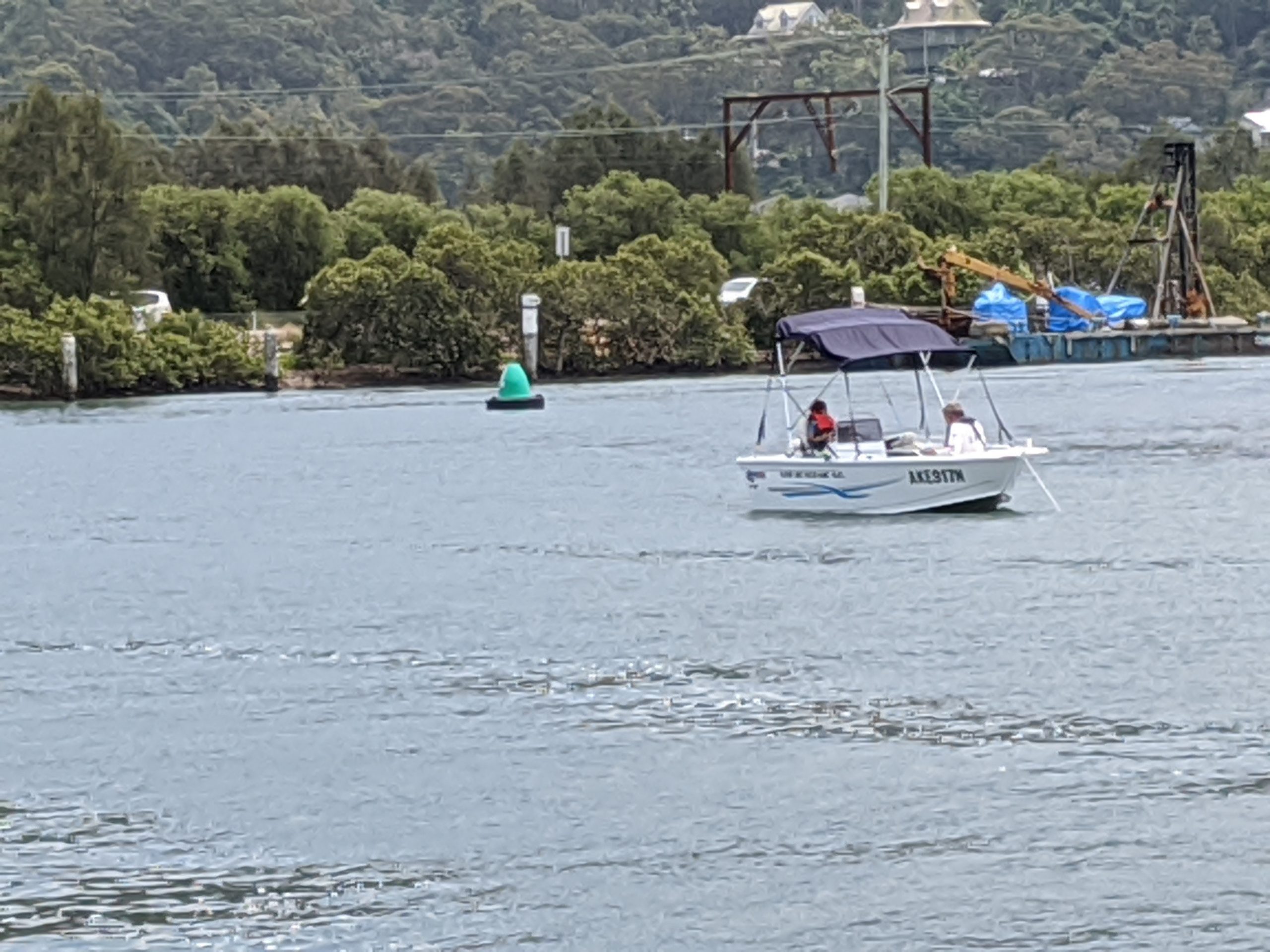With the current public interest pricked by the Navarro vs. Cornejo case, it is a good time to write something about rape and what constitutes rape in the Philippine setting. As the public is well aware by now, Vhong Navarro, a popular personality, is alleged to have committed this crime against a certain Deniece Cornejo.
The public has taken to the internet to air their views on the matter and the majority is of the opinion that rape did not occur. Although it is risky to judge a case only by what has been published in the media, it is very tempting to add one’s two cents on the issue. What this article intends, however, is not to try to unravel who is telling the truth based on public opinion, but to assess how the court will arrive at the truth when this hinges mostly on the witnesses’ testimony. How will the court gauge the credibility of a witness?
Rape by definition is an act of sex without the consent ofthe other party involved. (I wouldn’t touch on the definition of a sexual act as that might need a book to explain. Suffice it to say that not all contacts of sexual nature can be considered as a sexual act.) Rape also does not have to be violent. But for a sexual act to be categorised as rape, one of the parties should have been forced into the act against their will.
There are some gray areas in the matter of consent. In some cases, consent may be given by an individual yet the act can still be considered rape. This happens if the individual is a minor or if the victim suffers from mental incapacity such as retardation or low intelligence. Consent is also immaterial if given by individuals who at the time of the act had no freedom or capacity to decide on what was happening to them. Drunken and drugged individuals are not capable of agreeing or disagreeing to a sexual act. Their consent to an act will not be admitted in court.
Rape may be difficult to prove in the absence of damning evidence such as physical traumas, DNA or witnesses. The court will have to establish that sex occurred and that it was non-consensual. In the case of Navarro vs. Cornejo where the occurrence of non-consensual sex (therefore of rape) is difficult to establish, the testimony of the victim (and the accused) will be the basis of reconstructing events. Therefore it is of consequence that the victim prove herself to be a reliable witness.
Her background will be probed in court. Is she working? What kind of lifestyle does she lead? More importantly, what was her conduct after the rape? The last factor is important in determining the credibility of a victim’s complaint.
Rape victims do not follow any single pattern of conduct but the usual reaction of victims after being attacked is to immediately report what happened to authorities. By and large, most rape victims also divulge what happened to them to somebody they trust. The immediacy of reporting the act could be taken into account by the court as a basis for assessing truthfulness. However, in some cases victims do not report their ordeal.
Fear, shame and self-guilt are some of the reasons for a victim’s silence. The victim might have fears for their life because of threats to them or their loved ones. They might want to avoid public humiliation and shame attachedto what happened. Or they feel that what occurred was primarily their own doing. They might think they asked for it so they deserved to be raped.
In Cornejo’s case, her failure to file a rape case against Navarro immediately after the act can be taken as diminishing the degree of anger and hurt that she was supposed to have suffered as a victim. She did file a rape complaint on January 29th several days after the supposed rape on the 23rd and a day after the defendant, Navarro, named her in his criminal complaints to the police.
The victim’s delay in reporting rape may not sit well in court. They may cite her action as lacking any urgency to redress a wrong to herself. Add to this her indecisive complaint i.e. an attempted rape initially and then a full-blown rape six days later.
Rape is a harrowing crime and victims normally display a strong emotion such as anger towards the perpetrator or even towards themselves for allowing the abuse to happen. Their actions are expected to display the behavior of troubled individuals. Some victims would cry relentlessly. Others would have spaced-out or traumatised demeanour.
They would also refuse to associate with or even see theface of the person who abused them. Although in some cases, victims are left with no choice but to face their attackers, as in most marital rape cases. Very rarely would a victim go about her day as though nothing happened. This brings us to Cornejo’s conduct.
CCTV footage has shown Cornejo doing her face in the mirror of the lift and smiling minutes after the supposed attack. This demeanour is inconsistent with the expected behavior of a rape victim. Incidentally the same CCTV footage shows only a two-minute period of contact between the victim and attacker at the time of the alleged attack. (Rape may be implausible during this time frame, but rape on a previous occasion i.e. January 17 could be a possible scenario.
This could be the reason why Navarro profusely apologised to the victim at the police station as well as in previous text messages on January 18. However, if rape was committed on an earlier date, this would not be considered in court as it was not reported at all.)
Cornejo’s attitude towards her attacker also leaves one wondering. She gave a press release recently and there addressed her attacker as ‘Kuya Vhong’ on national TV. ‘Kuya’is a form of respect to an older sibling. This form of address indicates she has sympathy towards her attacker. Perhaps the victim is just a respectful person by nature or perhaps this is just a strategy planned by her defence counsel. Either way, I’m not sure what advantage it will bring to her defence to address her supposed rapist with respect.
It is of course not possible to say definitely that Cornejo was not a victim of rape, but her conduct and demeanour after the rape do little to establish herself as a credible witness. Having said that, I’m inclined to believe that the victim’s legal counsel will have a tough time proving beyond a reasonable doubt that rape has indeed occurred.










Leave a Reply